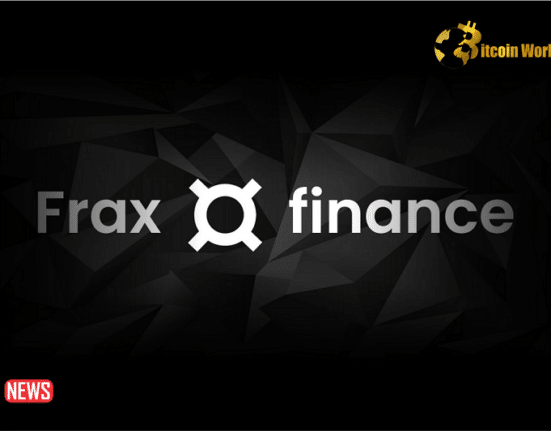Canadians are undergoing a shift in their perception of digital assets, moving away from viewing them solely as speculative investments to recognizing their potential as legitimate assets for everyday transactions. Lucas Matheson, Coinbase’s Country Director for Canada, highlighted this evolving perspective and the growing utility of digital assets during an interview in Toronto.
Matheson emphasized that digital assets and non-fungible tokens (NFTs) are gaining more traction, prompting Canadians to comprehend the concept of decentralization and consider how digital assets could seamlessly integrate into their daily lives. He stressed that this shift signifies a movement towards democratizing finance, fostering a broader understanding of the role digital assets can play beyond speculative trading.
While a Bank of Canada study reported a slight decline in Bitcoin and crypto ownership in 2022 due to various factors, an October 2022 report by the Ontario Securities Commission revealed that over 30% of Canadians intend to purchase crypto by 2024.
According to Matheson, building trust is pivotal for the industry’s growth, and Coinbase is focusing on helping Canadians grasp the rationale behind the transition to a digital economy. This involves establishing a connection with government entities and lawmakers to promote a robust economic plan for Canada inclusive of digital assets.
Matheson also highlighted the transformational potential of NFTs in e-commerce, particularly in the context of “phygital” items, where a digital asset is linked to a physical product. For instance, sportswear company Puma and luxury brand Dior have integrated NFTs into their products, enhancing authenticity and ownership experiences.
Regulatory clarity emerged as a crucial factor in encouraging more Canadian institutions to engage with the digital economy. Matheson characterized Canada’s regulatory approach as “regulation by engagement,” contrasting it with the enforcement-driven approach seen in the United States. He stated that Canada is making strides in how it regulates the industry, focusing on fostering a thorough understanding of the space and commitment to its regulation.
David Furlong, Chief Operating Officer of financial services firm People’s Group, echoed Matheson’s sentiments, noting Canada’s regulators’ apolitical and proactive approach to understanding and addressing issues.
A report from the Canadian House of Commons tech committee emphasized the substantial economic and job creation prospects of the blockchain industry for the country. The report recommended recognizing blockchain as an emerging industry, offering regulatory clarity, and formulating a national strategy in collaboration with the blockchain industry.
Canada’s evolving perception of digital assets underscores a broader shift toward recognizing their practical utility beyond speculative investments. This changing perspective aligns with global trends highlighting the increasing integration of digital assets into everyday financial activities.















